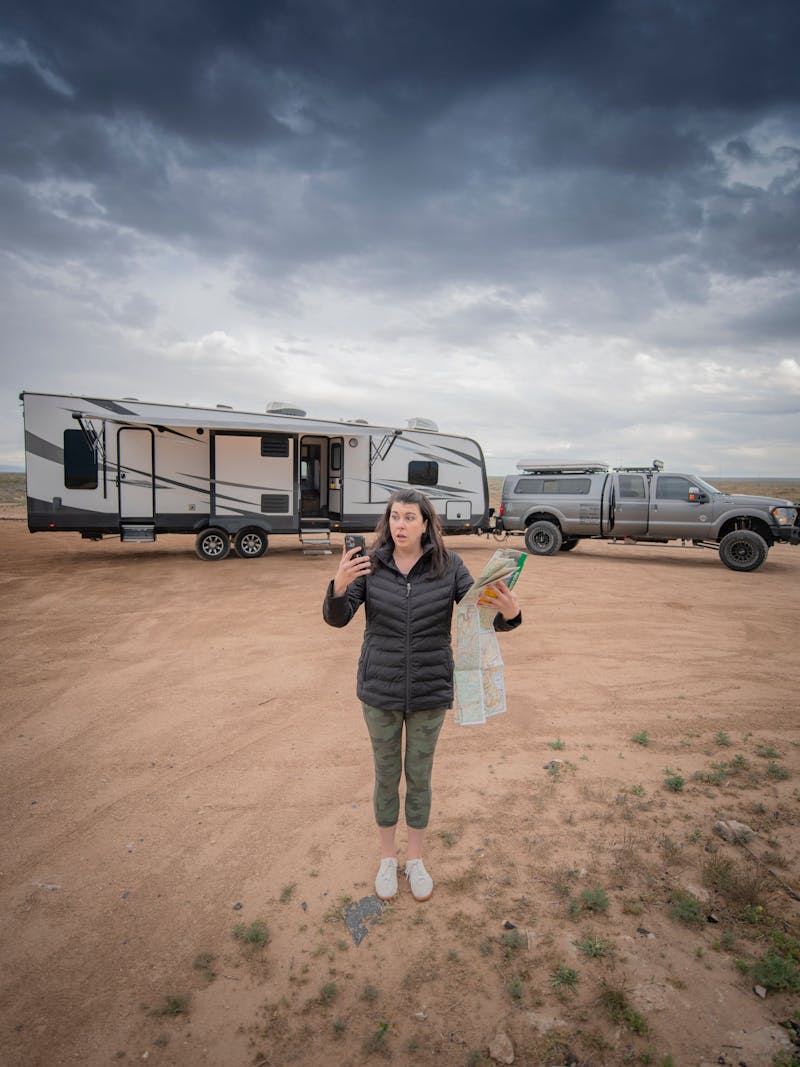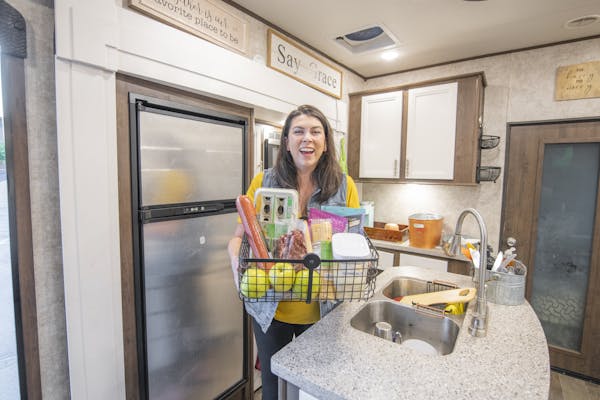Chelsea Day runs the blog Someday I’ll Learn along with her college sweetheart, Nate. After having four kids in five years, Chelsea and Nate are on a mission to help parents live simple and satisfying lives. This homeschooling family of six loves to learn, and in their spare time they enjoy RVing and flipping houses.
Learn
Things to Consider When Buying Your First RV
Chelsea Day shares her tips and advice for first-time RV buyers.





